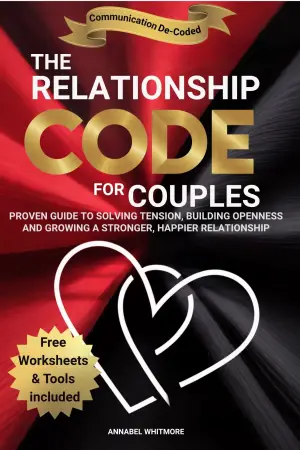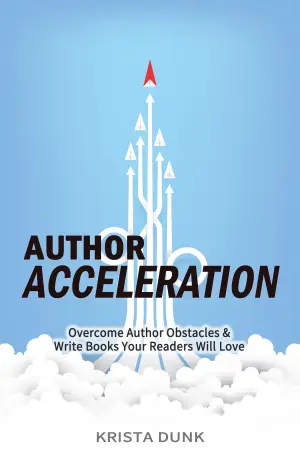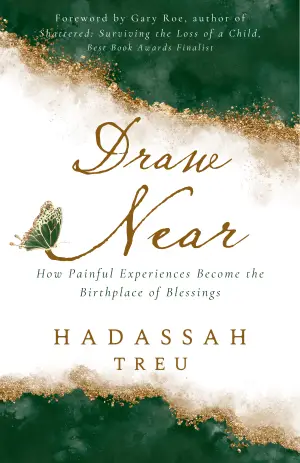Review: Think Like a Feminist: The Philosophy Behind the Revolution by Charlotte Hay
When I first picked up Think Like a Feminist, I was filled with anticipation. The title alone promised a deep dive into a subject I hold dear: feminism. Written by philosopher Charlotte Hay, I expected rich insights and perhaps a few challenges to my thinking. However, as I turned the pages, I found myself in a bit of a wrestling match between my hope for a compelling read and the reality of what unfolded—a mix of compelling points and frustrating waffling.
Right from Chapter One, Hay sets a pertinent tone by defining feminism as a complex movement full of contradictions. She accurately notes, “the feminist movement is messy, rife with internal disputes.” This acknowledgment resonates deeply; feminism is never a monolith, and Hay adeptly navigates these complexities. Yet, I was disappointed that, in addressing the origins of sexism, she overlooked acclaimed works like Jack Holland’s Misogyny: The World’s Oldest Prejudice, which could have enriched her discussion. Instead, that section felt curiously shallow for a professional philosopher.
One of the standout moments in the book comes in Chapter Two, where Hay provides a concise history of feminism, skillfully addressing the various "waves." Her critique of the reductive notions of "Angry Feminist" and "Girl Power Feminism" is particularly sharp, and her nod to The Onion’s satire perfectly encapsulates the absurdity of feminism being co-opted by mainstream culture. It’s clear that Hay is passionate about preserving the radical roots of feminist thought, which I truly appreciated.
However, my enthusiasm was dampened in Chapter Three’s exploration of gender. While Hay attempts to embrace anti-essentialism, at times, her broad generalizations contradict her intent. I found myself questioning her approach, especially when she navigated sensitive topics like trans identity and the complexities of biological sex. Her discussion felt at odds with the nuances required in this conversation, leaving me feeling somewhat unsettled.
Chapter Five shifts gears to address sexual violence, an essential part of any feminist discourse. Hay’s insights here are eye-opening, especially her poignant point that women live with the fear of sexual assault daily—something her male students seemed oblivious to. This stark contrast served as a stark reminder of the urgency of feminist work.
Still, I felt the final chapter faltered. Hay’s suggestions for talking to children felt outdated, and her reliance on sweeping generalizations only reinforced a sense of disconnect with contemporary feminist discussions. Moreover, her introspective moments regarding her investments in femininity brought forth questions about agency and societal pressures but fell slightly into the trap of universalization.
Ultimately, Think Like a Feminist is a thought-provoking exploration that is as compelling as it is frustrating. Readers looking for a comprehensive philosophical treatise may be left wanting—for every brilliant point, there are areas clouded by ambiguity and oversimplification.
I’d recommend this book for those new to feminist theory, or anyone seeking to engage with varied perspectives within feminism. Despite the inconsistencies, the meaningful points scattered throughout ensure it’s a conversation starter. Personally, it prompted me to reflect more critically on my own beliefs while grappling with Hay’s contradictions. While I waver on whether to assign it two or three stars, perhaps it’s enough to say that it did spark meaningful dialogue within me—isn’t that what a good book should do?
Discover more about Think Like a Feminist: The Philosophy Behind the Revolu… on GoodReads >>






